Dana Kulmanova has been recognized as the Best Psychologist of the season in Freedom QJ League.
The mental performance specialist from FC Aktobe spoke about how her career in sports began, summarized the past year, and shared her thoughts on Freedom QJ League’s contribution to the development of junior football in Kazakhstan.
– I came into the profession of sports psychology quite unexpectedly, even for myself. After graduating from university, I mainly worked as a consulting psychologist, completed an internship at a school, and thought I would continue developing in the field of educational psychology. Back in school, it was a school psychologist who inspired me to choose this profession.
But fate led me to FC Aktobe: I learned about an open vacancy for a psychologist at the football center and decided to give it a try. I was lucky – the club’s management believed I was a good fit for the role.
Before joining the club, I had very little interaction with the field of psychology focused on athletes. I understood that athletes had psychologists, but I didn’t fully imagine all the specifics of this area. So I completed a remote program at a Russian university in “sports psychology,” as there were no suitable courses in Kazakhstan at the time.
Today, this specialization is available in Kazakhstan as well, though it is still not very widespread – society is only beginning to understand the importance of mental preparation. Fortunately, the sports sphere in the country is developing rapidly, and the number of specialists working with young athletes is growing.
I consider the League’s decision to require psychologists in teams an important and progressive step. Over time, mental performance specialists will appear in first teams, First League clubs, women’s teams and other structures.
Athletes need support throughout the entire season. This decision demonstrates the professional and serious approach taken by the Freedom QJ League organizers: they analyze each season, follow global trends, and work to advance Kazakhstani football.
This season was intense and psychologically challenging. It differed greatly from previous ones: many events happened that affected the boys. We did a lot of work, and in the next season I want to accomplish even more. The longer I work, the clearer I understand the direction I need to move in. I now have many ideas that I plan to implement.
Working with children and teenagers is incredibly interesting for me. Every child is unique in their own way, and teams also differ a lot from one another. Methods that work perfectly for one group may not suit another, so I always prepare several session scripts to deliver the goal and message to everyone.
Teenagers can be more difficult at times: at this age, their own opinion often seems like the only correct one. But this is a natural stage of development, and my task is to gently show that there are different ways to act and respond to situations.
We regularly communicate with psychologists from other League teams – we share observations, methods and updates from sports psychology. We also held several Zoom meetings. This is very valuable: it’s always interesting to see how colleagues work, what cases they analyze and what new things we can learn from one another.
Working with Freedom QJ League showed that Kazakhstan is capable of providing a high level of organization and preparation comparable to leading football countries. We have many talented and hardworking young players, and the League gives them an opportunity to showcase themselves and prepare for a professional career – both in Kazakhstan and abroad.
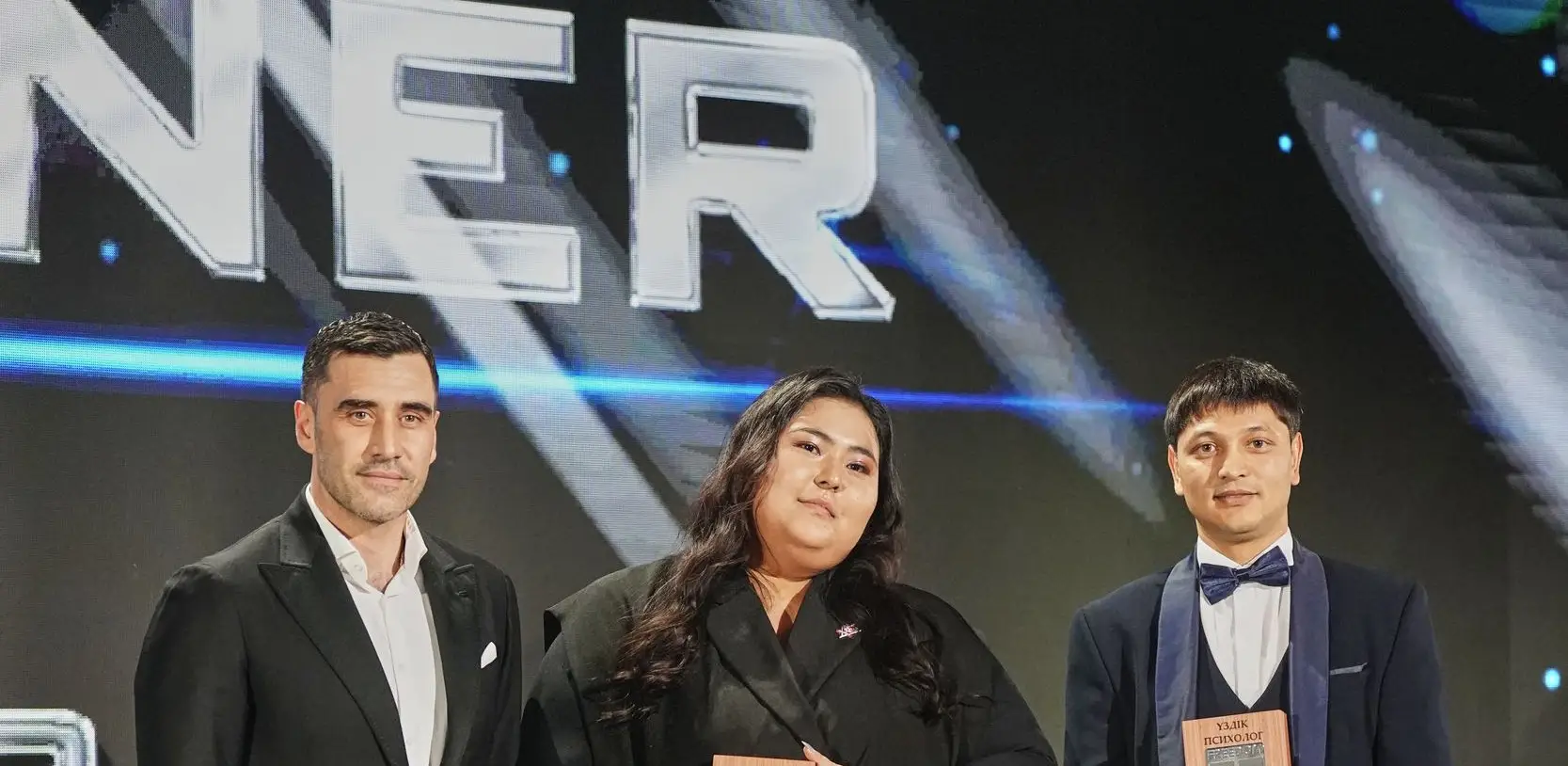
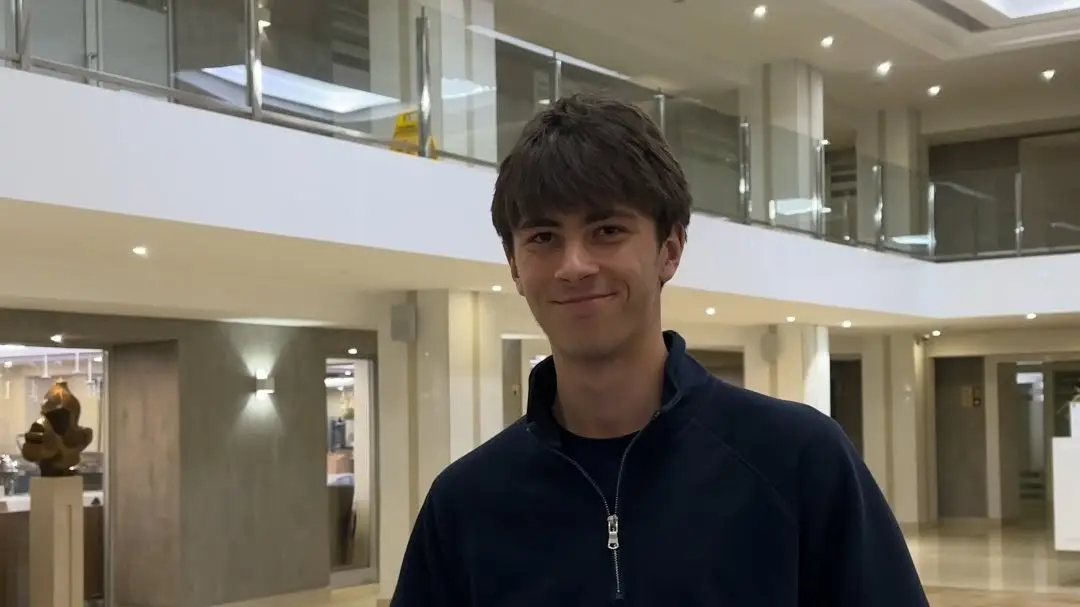
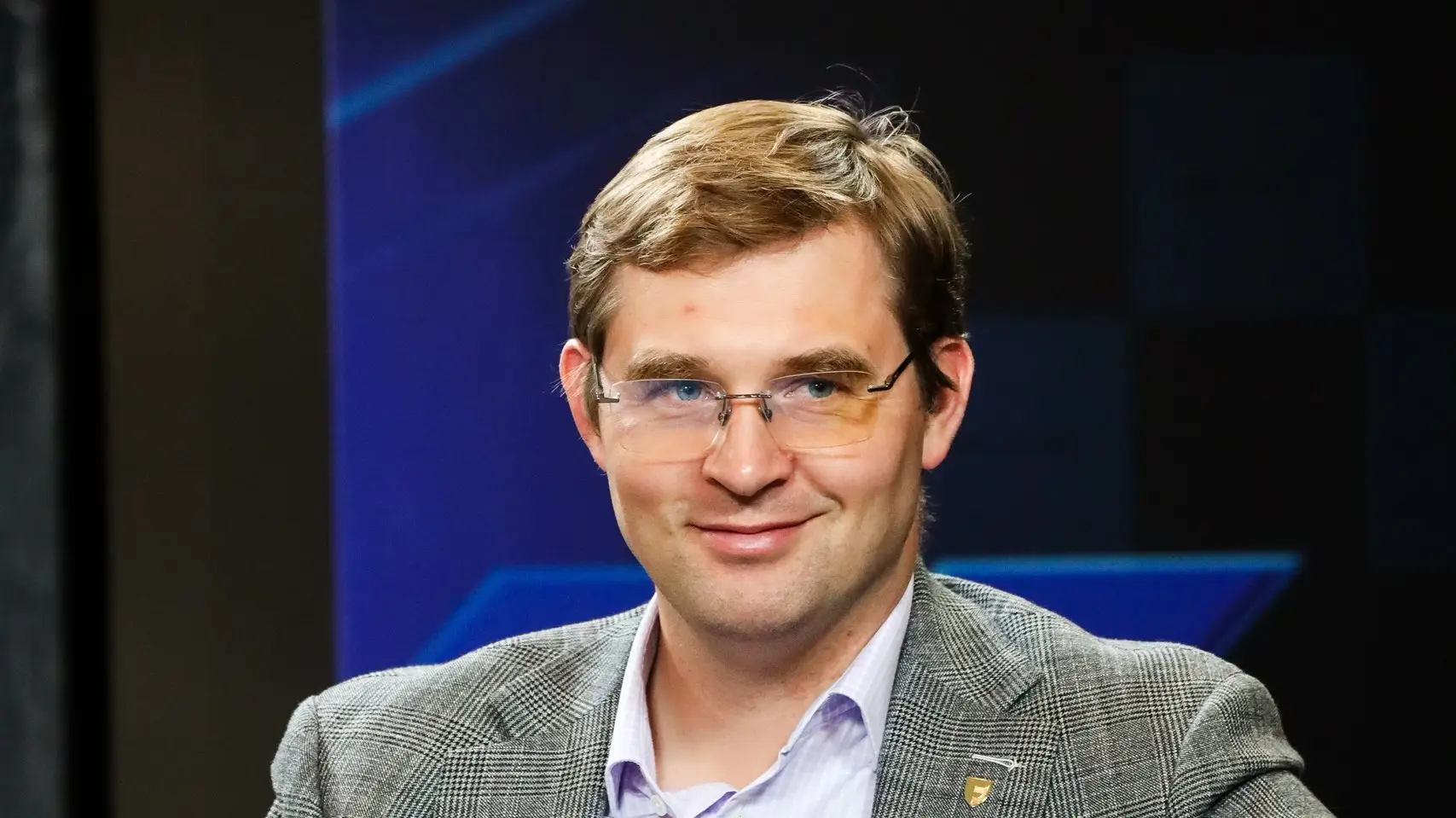
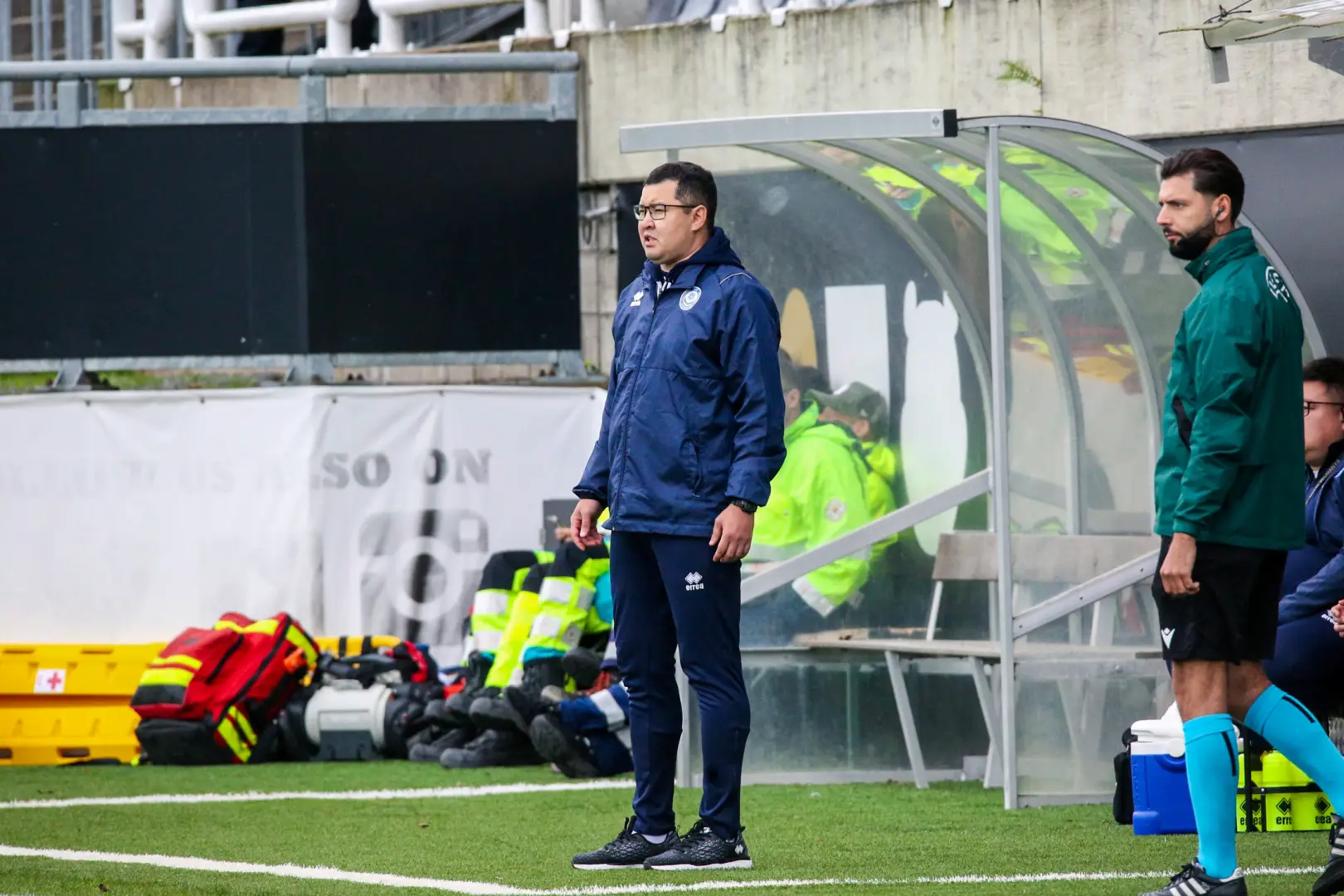
.webp)
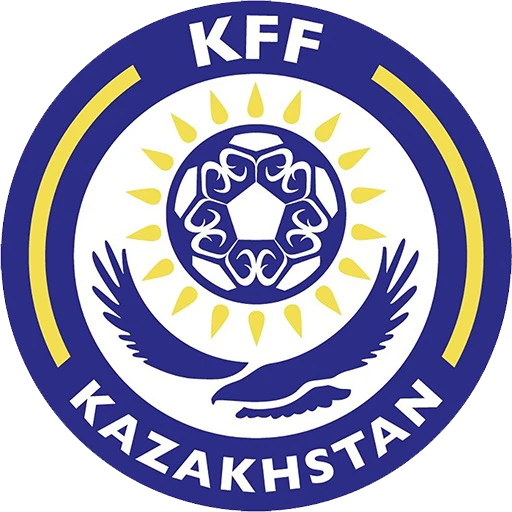
(0).webp)

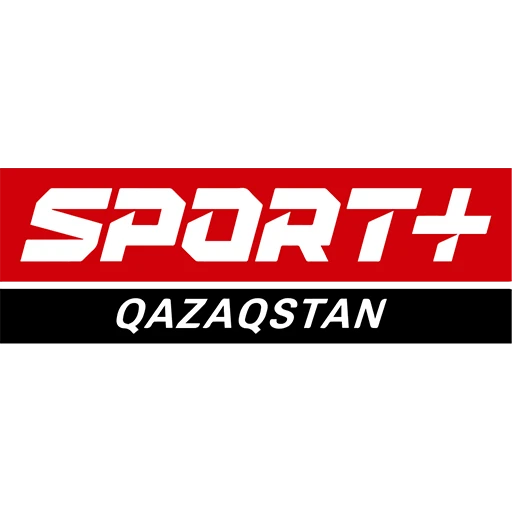



.webp)
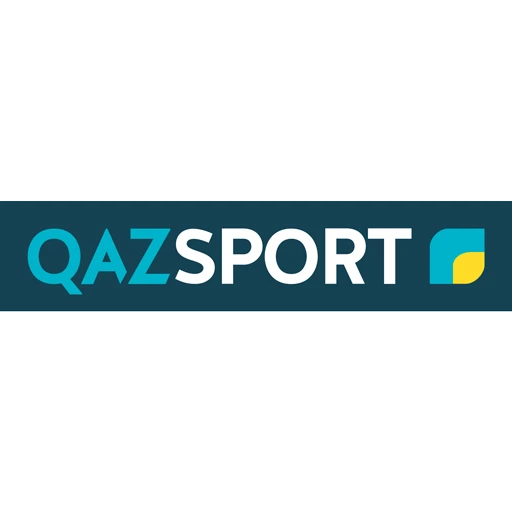

.webp)